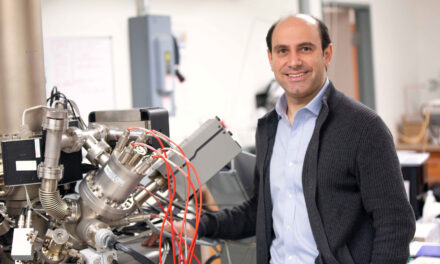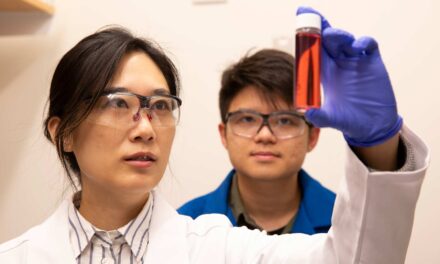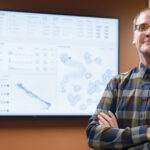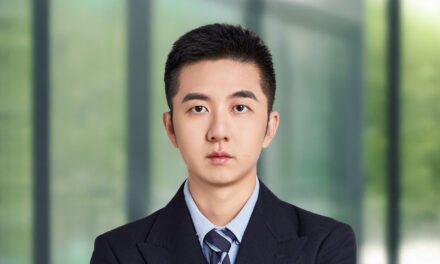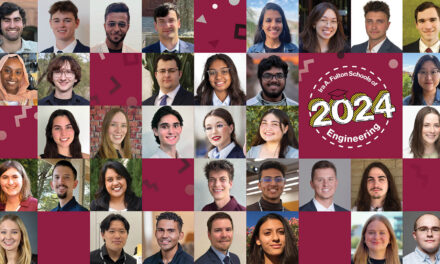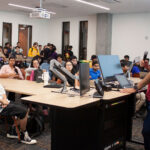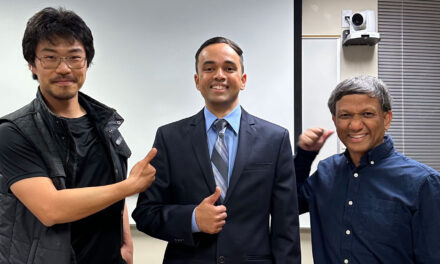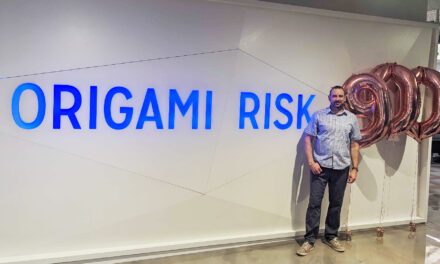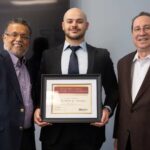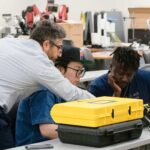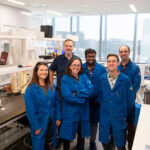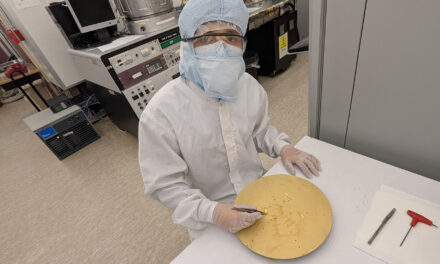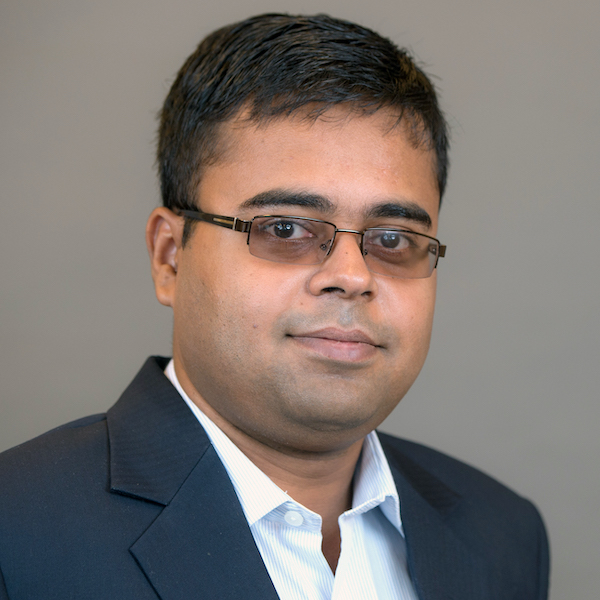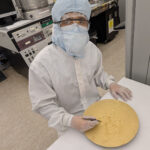
New Faculty Member, 2021-22
Arindam Sanyal
Assistant Professor, Electrical engineering
A high school course sparked Arindam Sanyal’s interest in semiconductor physics and set him on a path to become an electrical engineer determined to unlock the promising potential of electrical circuits.
He has joined Arizona State University’s faculty because of its strong circuits program and connections to major semiconductor companies, as well as the Mayo Clinic, where his wife will soon be working while also becoming an ASU assistant professor.
Sanyal says ASU “is the perfect setting for me to grow and develop synergistic collaborations to explore my research interest in developing health care solutions enabled by artificial intelligence.”
That work includes exploring ways technology can help make health care more accessible and equitable.
“Looking at this problem through the eyes of a circuit designer, I will be designing smart wearables with integrated artificial intelligence and communication capabilities to monitor user health in real time,” Sanyal says.
He will strive to provide these devices with longer battery life, improved reliability and stronger security against unwanted access — advances he foresees “having potentially transformative effects on health care.”
His engineering aspirations are driven by “the thrill of designing nanometer-scale circuits, and then testing the fabricated circuits in the lab and debugging them,” Sanyal says. “As the saying goes, silicon answers all questions, even those unasked. No amount of design on a computer gives the same satisfaction as seeing a silicon test chip work as intended.”
This fall semester, Sanyal will teach the course EEE335: Analog and Digital Circuits, and will require students to approach their studies in the way he says is essential to excelling in his field of expertise.
“The expectation I have for all students is that they develop the ability to think critically and understand key concepts, not just learn the course materials and do well on exams,” Sanyal says. “Critical thinking is certainly important in every engineering discipline, but more so in circuits design.”
His most satisfying achievements, he says, are those that have involved contributions from his students. Most recently that has been the development of machine learning chips that predict the onset of cardiovascular disease and sepsis, an extreme reaction to infection.
Away from teaching and research, Sanyal enjoys hiking — “on easy trails on cooler days,” he says — and playing chess online.
Meet the newest faculty members of the Fulton Schools of Engineering here.


